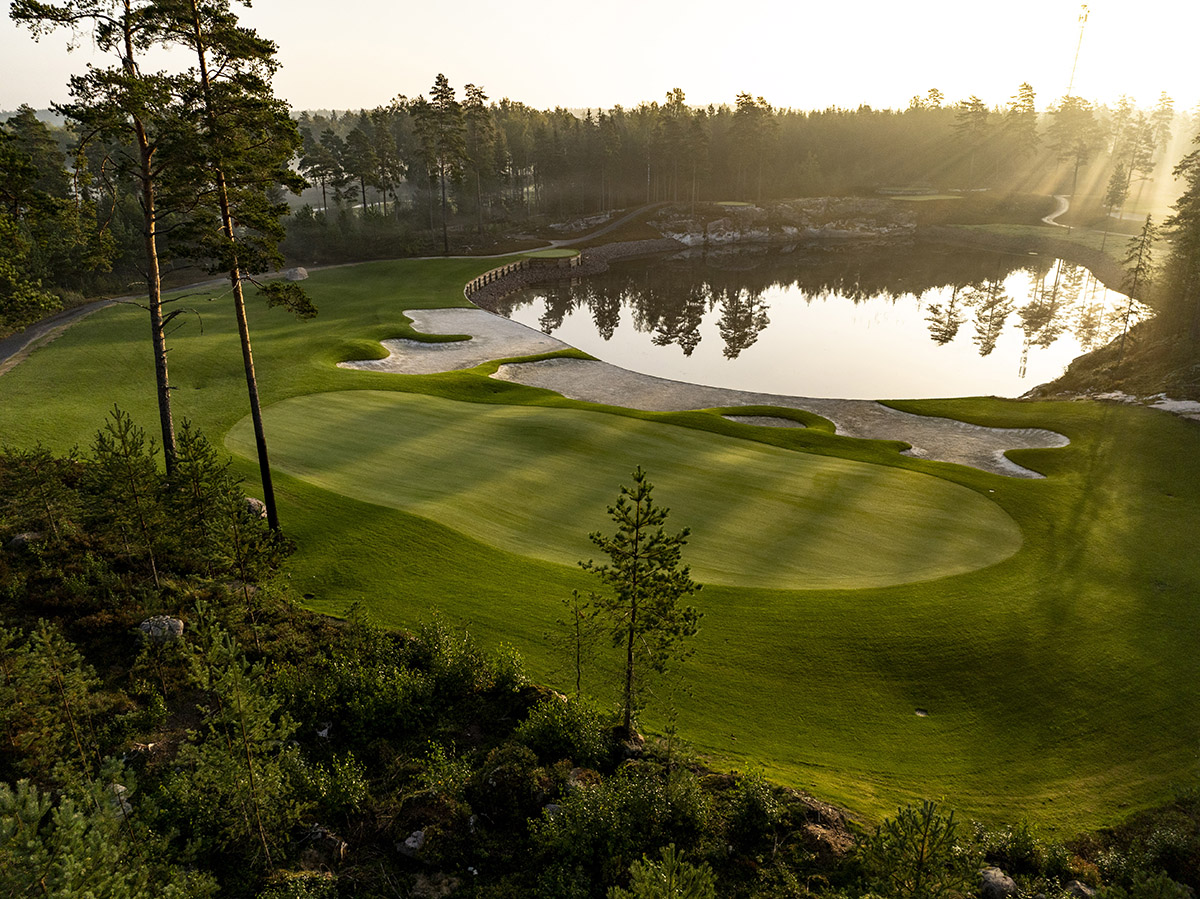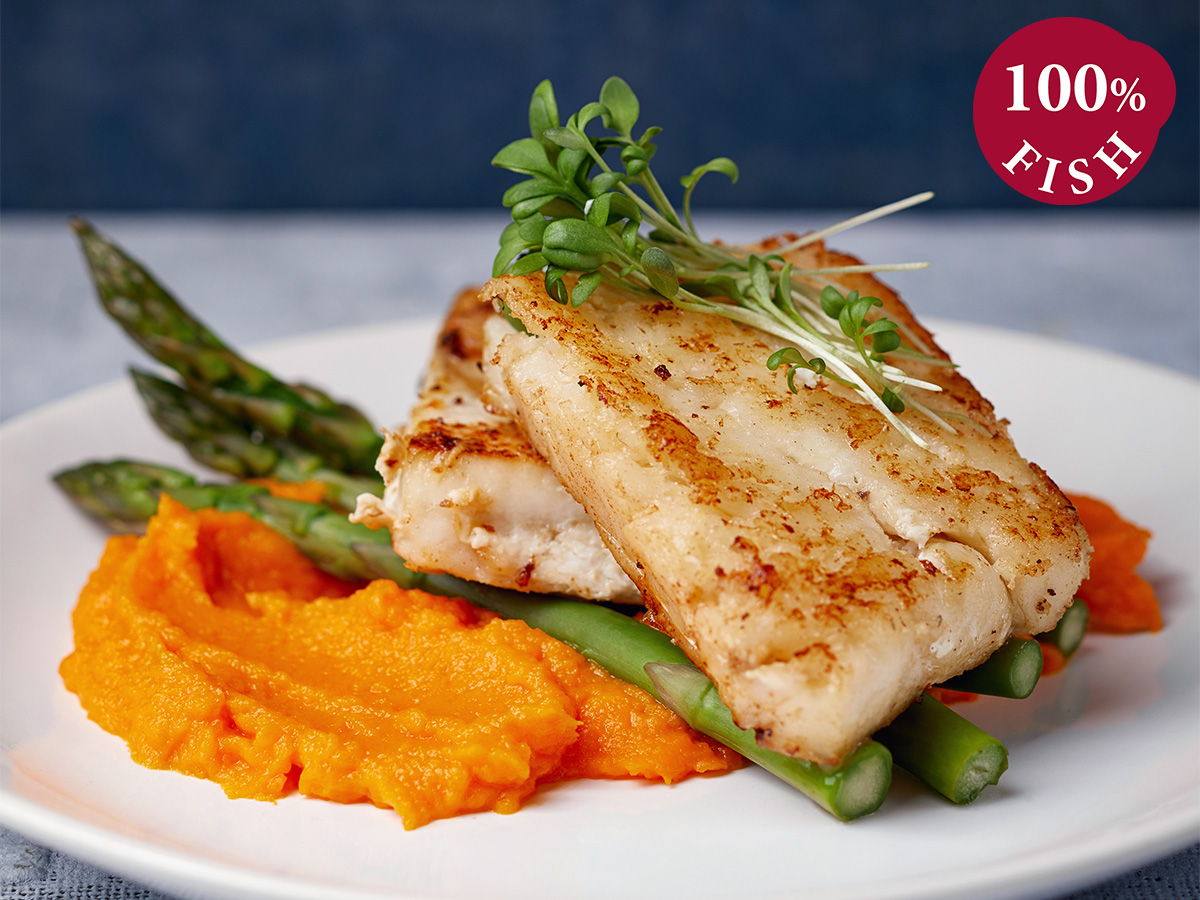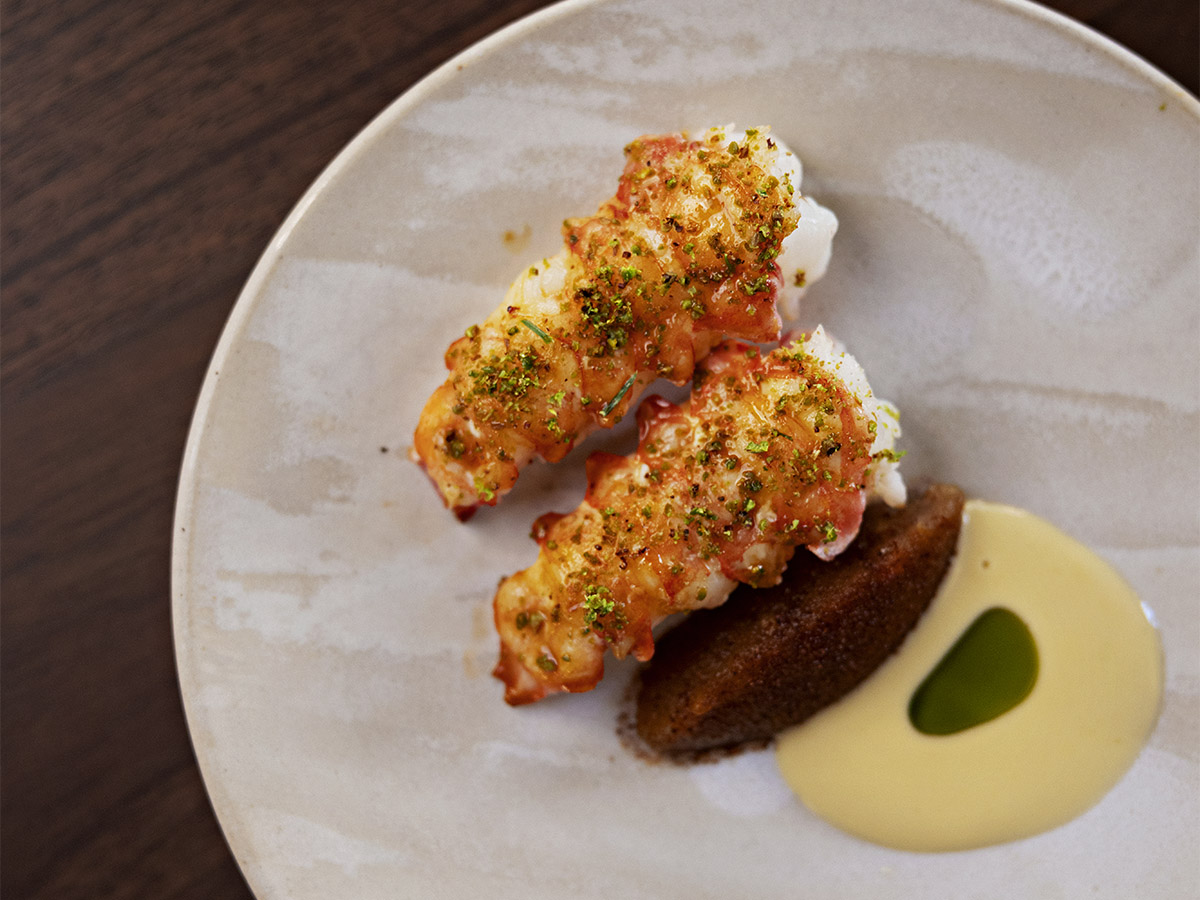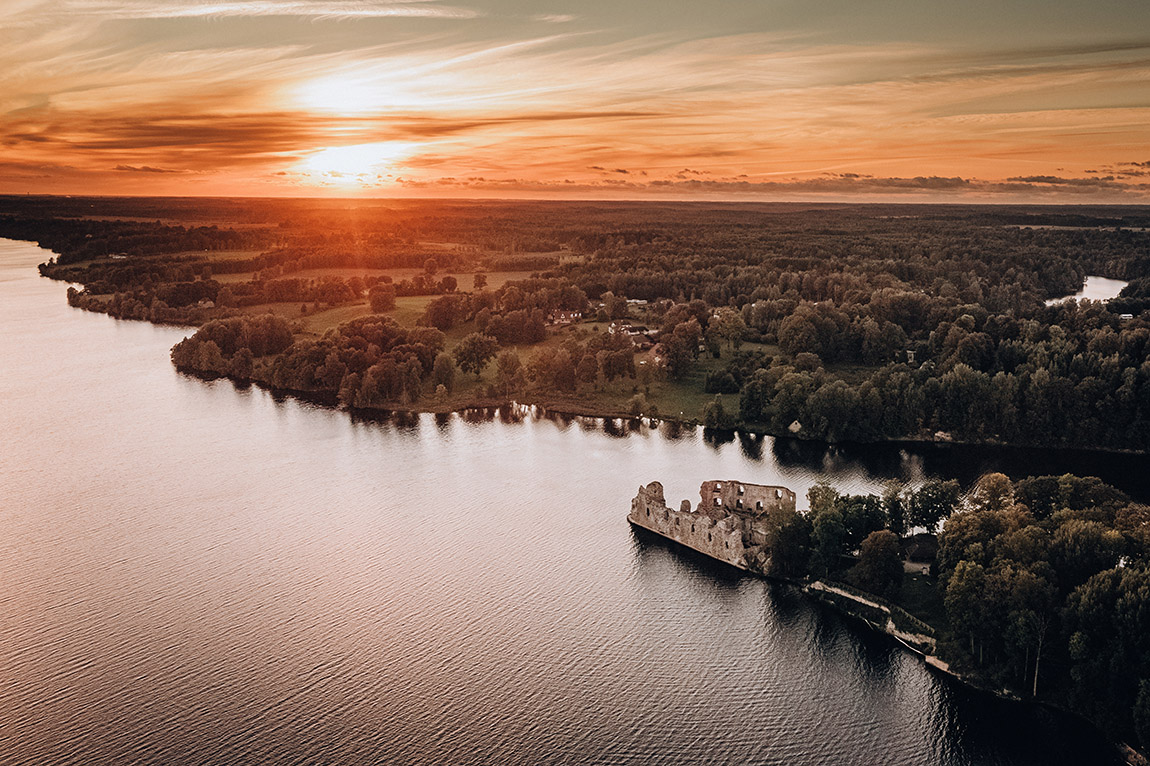Reykjanes – Where geothermal energy is everywhere, even in the bread
By Signe Hansen | Photos: Visit Reykjanes
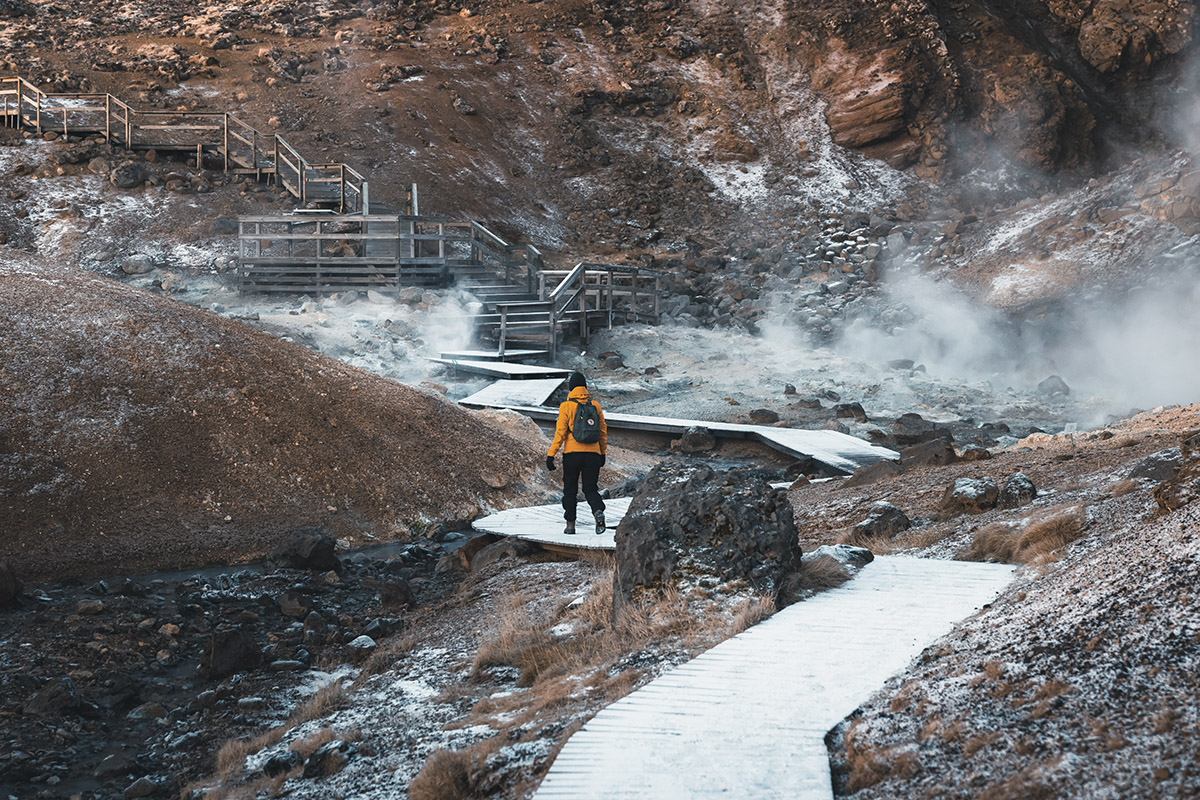
The Geothermal activity of Iceland’s underground defines the landscape.
Since 2015, Reykjanes has been a UNESCO Global Geopark, and with no less than 55 geosites it is not hard to see why. However, the spectacular sites, which include the Bridge Between Continents, volcanic craters, and mythical rock formations, are not the only way travellers can experience the region’s unique geological properties.
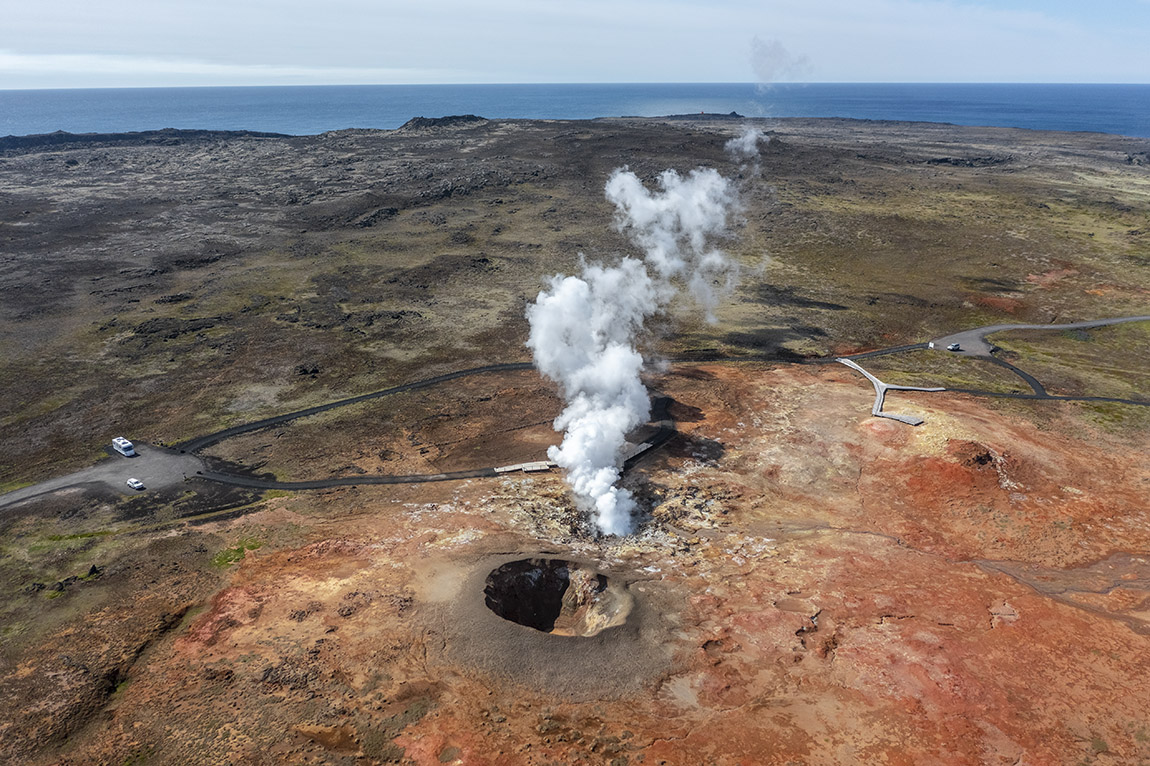
With three eruptions in three years, Reykjanes, a small peninsula southwest of Reykjavik, has become a bucket list destination for volcanic enthusiasts. After the latest eruption, which spanned three weeks in July 2023, the site has now turned into what Eyþór Sæmundsson, project manager at Visit Reykjanes, calls a world-class hiking spot. “It’s unique – you won’t find a spot like this anywhere else, even when it’s not erupting. Locally, we’re spoiled with images of fresh lava and steam clouds, but for visitors, it is absolutely amazing to experience the lava fields and the hiking tracks as they are now.”
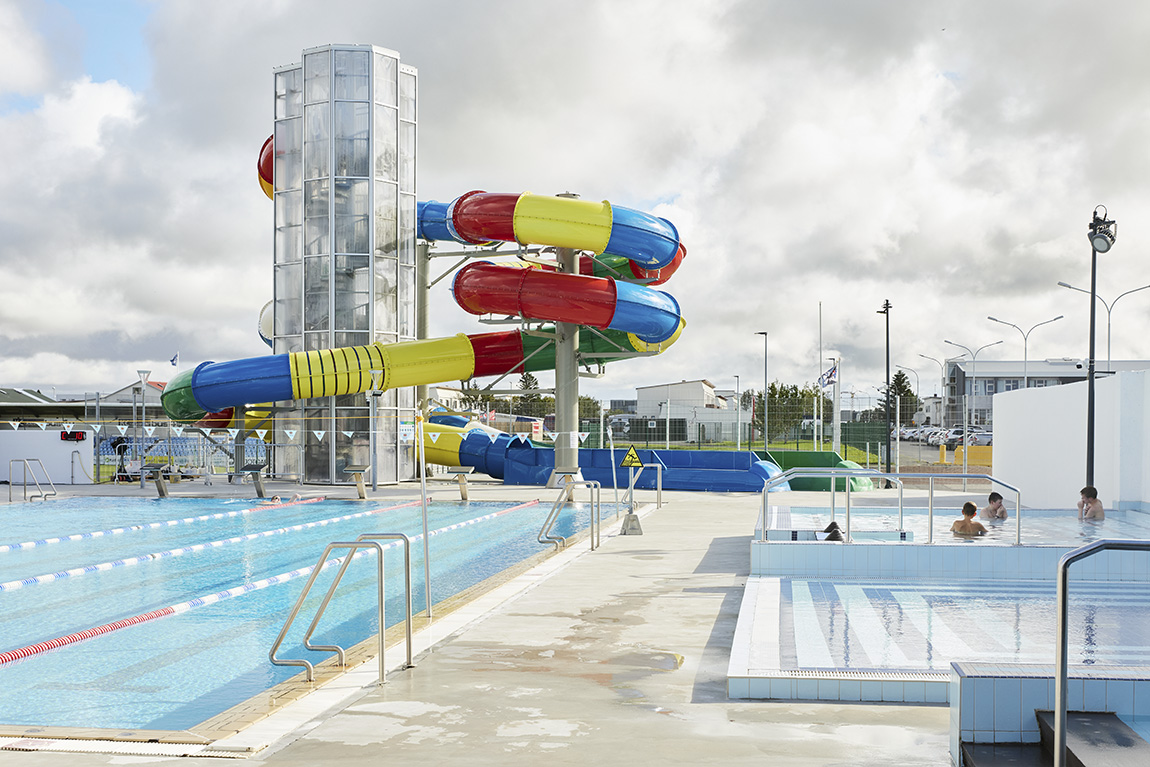
A visit to one of Iceland’s many geothermally heated outdoor pools is great way to relax and meet the locals.
But though Iceland is widely known for its “ice and fire” landscape, the unique geological properties of the island can be experienced in all aspects of life. One way to get a taste of the all-encompassing reach of the nation’s geothermal prowess, for instance, is to visit one of the many public pools, where you will also be sure to get a taste of authentic Icelandic culture. “Most visitors only go to a swimming pool if they have some time to kill, but it’s always such an amazing experience. The most Icelandic thing you can do is to go to a swimming pool, so you are sure to meet the locals,” says Sæmundsson.
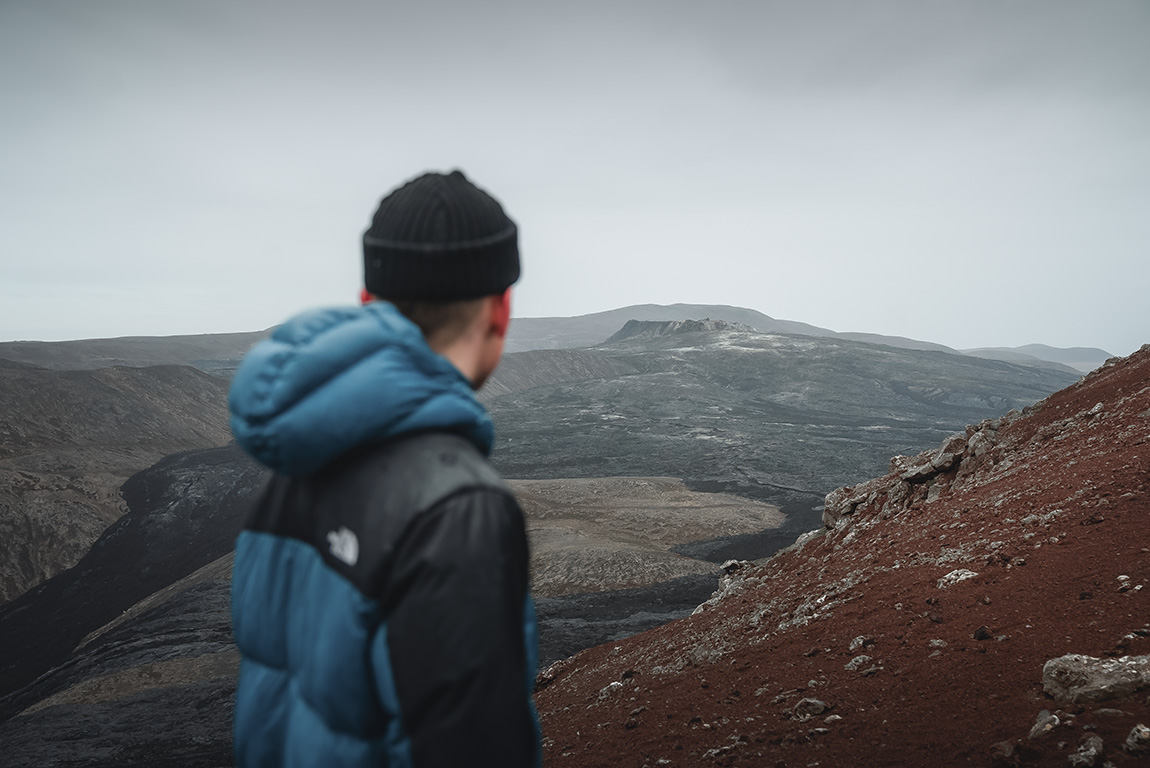
Most of the swimming pools on the Reykjanes peninsula are outdoor pools and all of them are heated with geothermal water.
Another not-so-obvious way to experience the fiery powers that reside just below the surface of the region is a taste of its geothermal bread, a bread that is baked underground at 90C for 24 hours. “We can arrange tours for people to visit the site of the bread baking,” says Sæmundsson. “People love it. They take it straight from the ground, set a table by the geysers, with the air full of heat and steam, and eat it fresh and warm with melting butter or cheese.”
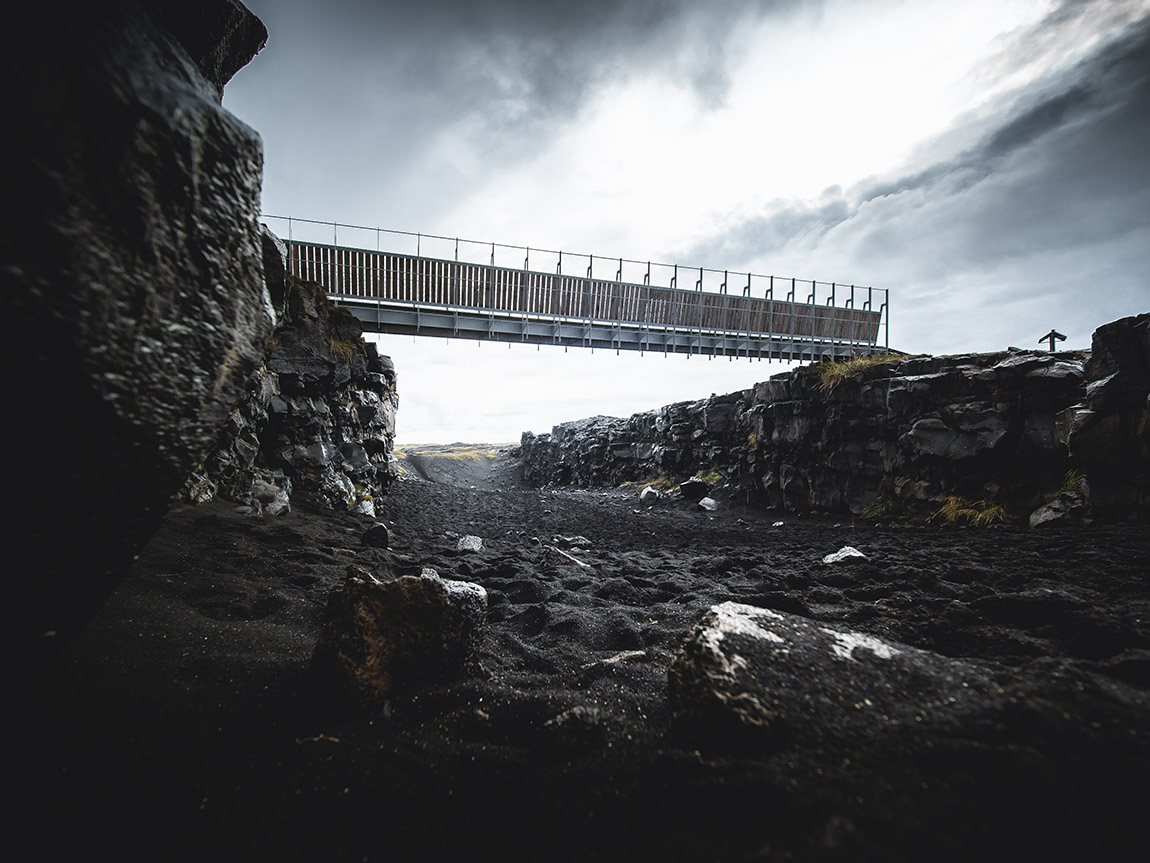
Reykjanes travellers can cross The Bridge Between Continents, symbolically connecting the European and American continents.
Subscribe to Our Newsletter
Receive our monthly newsletter by email

